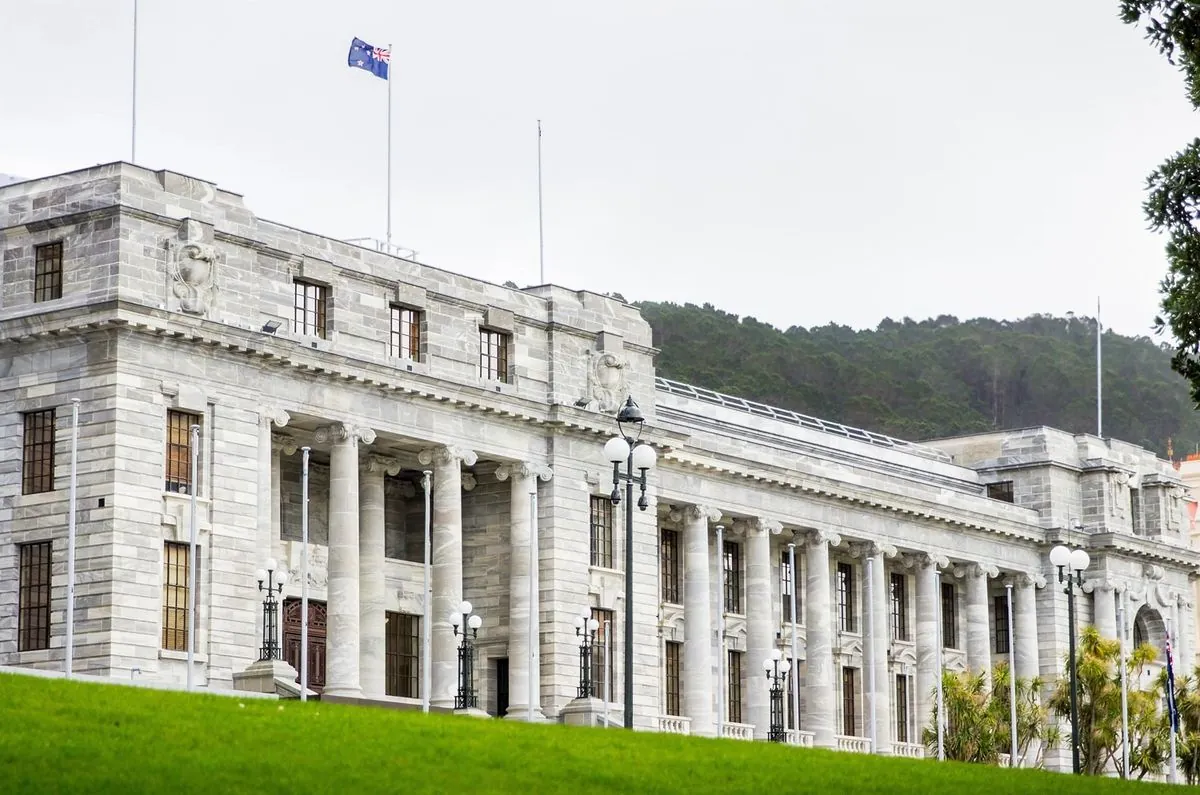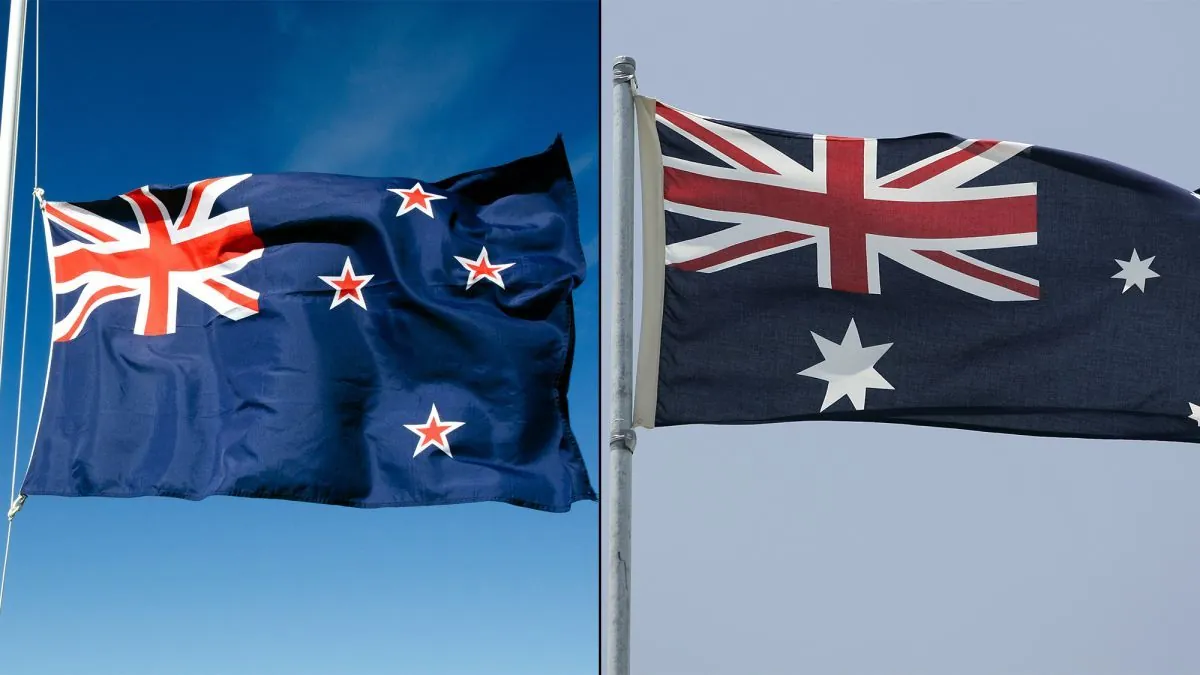New Zealand PM Defends Māori Phrase Removal Amid Language Debate
New Zealand's Prime Minister Christopher Luxon defends the removal of Māori phrases from an official invitation, sparking debate on Indigenous language use in government communications and broader race relations issues.

In a recent parliamentary session, Christopher Luxon, New Zealand's Prime Minister, addressed the controversy surrounding the removal of basic Māori phrases from an official invitation. The incident, involving an invitation to an Australian official for a Māori lunar new year event, has reignited discussions about the role of Indigenous language in government communications.
Luxon defended the decision, seemingly making light of the situation by suggesting that simpler language is necessary when communicating with Australians. This comment plays into the long-standing friendly rivalry between the two nations, but also raises questions about the government's stance on Māori language use.

The controversy comes amid a period of heightened tensions in New Zealand's Parliament, with reports of bullying, racism, and insults leading to emotional scenes among lawmakers. Luxon has called for political leaders to be mindful of their rhetoric, highlighting the sensitive nature of the current political climate.
Paul Goldsmith, the Minister for Arts, Culture and Heritage, reportedly directed the removal of Māori phrases such as "tēnā koe" (a formal greeting) and "Aotearoa" (a common Māori name for New Zealand) from the invitation materials. This decision has been met with criticism from opposition leaders and Indigenous rights advocates.
The incident is part of a broader debate on race relations and Indigenous rights in New Zealand. Since taking office in late 2023, Luxon's coalition government has proposed several controversial policies, including reverting to English names for government agencies and reconsidering initiatives that prioritize Māori interests.
"Can the Prime Minister explain the series of inflammatory remarks made by his government members recently?"
These actions have sparked protests, with demonstrators gathering outside Parliament in Wellington to oppose changes to child protection laws that would remove recognition of a child's Māori heritage.
Despite the controversy, Luxon maintains that his government values te reo Māori, the Indigenous language of New Zealand. However, the recent events have raised concerns about the government's commitment to preserving and promoting Māori culture and language.
The Māori language has experienced a significant revival since the 1970s, with common phrases now integrated into everyday New Zealand English. The establishment of Matariki, the Māori lunar new year, as a public holiday in 2020 was seen as a milestone in recognizing Indigenous culture.
As New Zealand grapples with these complex issues, the debate surrounding the use of Māori language in official communications continues to highlight the ongoing challenges in balancing cultural preservation with political objectives.


































